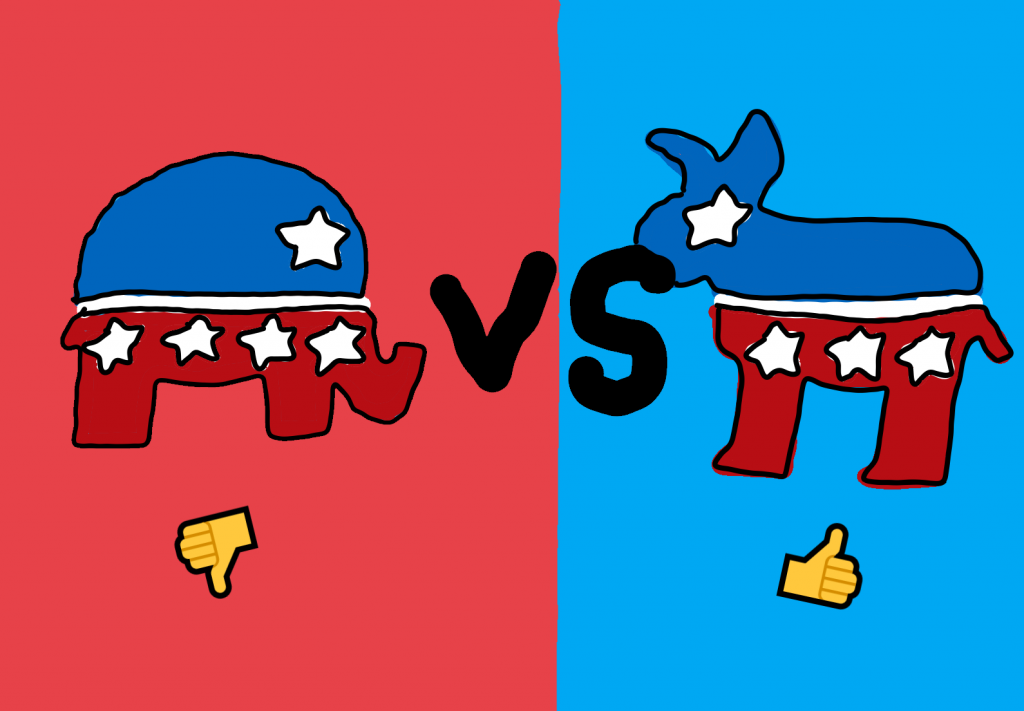Are our history classes biased in their discussion of the election? This year, my US History II class began by studying the Reconstruction Era (1865-1877), a widely contested and formative time after the Civil War that heavily impacts our social and political climate today. Eric Foner, a leading historian for this era, notes that the “issues that agitate American politics today — access to citizenship and voting rights, the relative powers of the national and state governments, the relationship between political and economic democracy, the proper response to terrorism — all of these are Reconstruction questions.”
I mention this because beyond the obvious lack of tact in the first Presidential Debate of 2020, the issues that Foner references were among the most controversial in the 96-minute free-for-all.
Going further than the apparent answer: the only way to maintain a collectively unbiased environment is for all perspectives to be heard, deeper matters, for lack of a better word, are uncovered.
Despite efforts to judge the performance of both candidates on their merits, it’s impossible to set aside personal bias yet openly discuss the election. How can we contend with racism, abortion, Second Amendment rights, voting rights, and healthcare in a nonpartisan manner? How do we as students react after reckoning with the very issues that divide society in a classroom?
Bias is inevitable. In a society where what is considered fact and fiction, where de jure, equality is mostly codified into law, and acknowledgment of the de facto in which basic rights are perpetually violated, depends on the perceived reliability of the media and history, how can we have an impartial deliberation?
Bias from alternate perspectives in class discussion does not cancel out to create an objective collective; instead, it is representative of real-world society. As a result, students become critical thinkers and are engendered to question even their own basis of reasoning.
Sanjna Rajagopalan
Staff Writer
Graphic: Bronwyn Spencer

